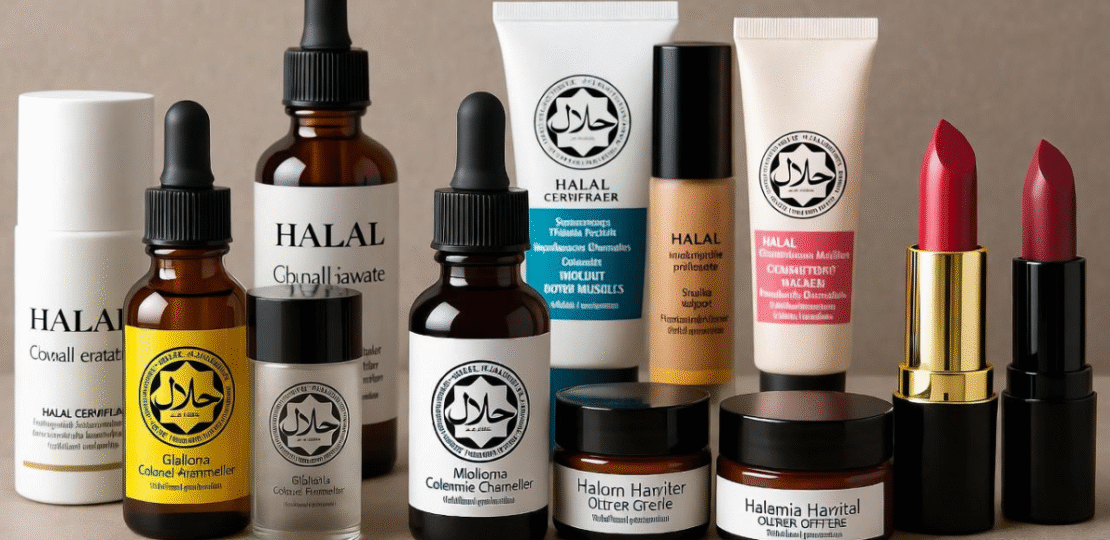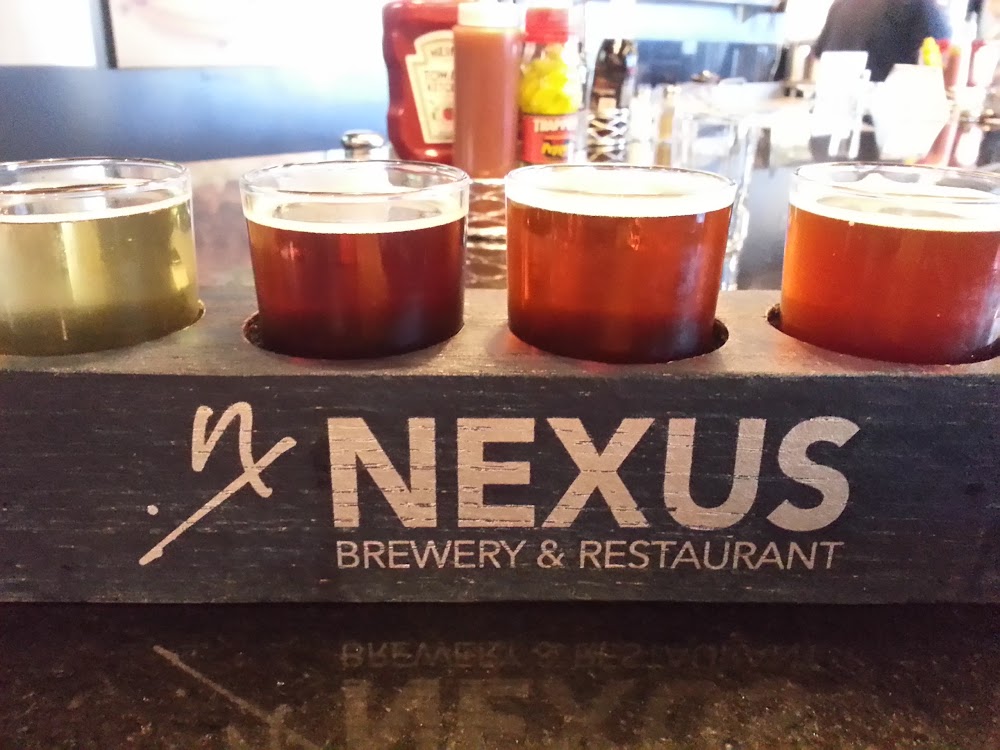How to Get Halal Cosmetics Certification: A Complete Guide for Beauty Brands
October 24, 2025 | by IoT Development Company

The global beauty industry has experienced remarkable growth in halal-certified products, with Muslim consumers and conscious buyers seeking cosmetics that align with their values. For manufacturers and brands, obtaining proper certification has become essential to tap into this expanding market segment worth billions of dollars.
What Makes Cosmetics Halal?
Halal cosmetics must meet strict requirements that govern ingredients, manufacturing processes, and handling procedures. These products cannot contain any prohibited substances according to Islamic law, including alcohol derived from non-permissible sources, animal-derived ingredients from non-halal animals, and any components considered impure.
The formulation process requires careful attention to detail. Every ingredient must be traced back to its source to ensure compliance. This includes checking that no cross-contamination occurs during production and that all equipment used in manufacturing remains free from non-halal substances.
The Certification Process Explained
Obtaining halal cosmetics certification involves multiple steps that validate your products meet required standards. The process begins with a thorough application where companies submit detailed information about their formulations, ingredient sources, and manufacturing facilities.
A Halal Certification Agency will conduct comprehensive audits of your production facilities, review ingredient lists, and examine your supply chain documentation. Inspectors verify that manufacturing processes maintain strict separation from non-halal products and that cleaning protocols meet halal standards.
Documentation plays a crucial role throughout this process. Companies must provide certificates of analysis for raw materials, supplier declarations, and detailed manufacturing procedures. The certifying body reviews these documents to confirm compliance with halal requirements.
Benefits of Obtaining Certification
Securing halal certification for cosmetics opens doors to new market opportunities across the globe. Muslim-majority countries often require certification before allowing cosmetic imports, making it essential for international expansion. Additionally, many non-Muslim consumers choose halal products because they perceive them as cleaner, more ethical, and higher quality.
Brand reputation receives a significant boost when products carry recognized certification marks. Consumers trust that certified products have undergone rigorous scrutiny and meet strict purity standards. This trust translates into customer loyalty and positive word-of-mouth marketing.
Certification also demonstrates corporate responsibility and commitment to ethical business practices. Companies that invest in proper certification show respect for diverse consumer needs and religious requirements, which resonates with socially conscious buyers across demographics.
Choosing the Right Certification Body
Selecting an appropriate halal certification company requires research and careful consideration. Different certifying organizations exist globally, each with varying recognition levels and acceptance across markets. Some agencies hold accreditation from international halal standards bodies, while others operate regionally.
For brands targeting North American markets, working with a halal certification provider in usa offers distinct advantages. These organizations comprehend local regulations, maintain relationships with domestic retailers, and provide services tailored to American businesses. They can guide companies through compliance requirements specific to the United States market.
Reputation matters when selecting a certifying body. Look for organizations with established track records, transparent processes, and recognition from major halal standards organizations. The right partner will offer comprehensive halal certification services including pre-audits, consultation, ongoing support, and assistance with recertification.
Key Standards and Requirements
Halal certification in cosmetics follows international standards that outline specific criteria for ingredients, processing, and packaging. The main standards include MS 2200 (Malaysia), MUI (Indonesia), and various regional frameworks that share core principles while varying in specific requirements.
Ingredient scrutiny forms the foundation of these standards. Certifying bodies maintain extensive databases of approved and prohibited substances. Manufacturers must demonstrate that every component in their formulations comes from permissible sources and undergoes processing methods that maintain halal integrity.
Facility requirements extend beyond just the production line. Storage areas, testing laboratories, and packaging facilities must all meet halal standards. Companies often need to implement physical barriers or time-based separation between halal and non-halal production runs.
Common Challenges and Solutions
Companies pursuing halal cosmetics certifications often encounter obstacles related to ingredient sourcing. Many conventional cosmetic ingredients come from suppliers who cannot provide adequate halal documentation. Solving this requires building relationships with halal-certified suppliers or reformulating products with compliant alternatives.
Cost considerations also present challenges, particularly for smaller brands. Certification fees, facility modifications, and ongoing compliance expenses can strain budgets. However, the investment typically yields strong returns through access to premium markets and increased consumer confidence.
Maintaining certification requires ongoing vigilance. Companies must notify their certifying body of any formula changes, new suppliers, or facility modifications. Regular audits ensure continued compliance, and lapses can result in certificate suspension or revocation.
Market Trends and Future Outlook
The halal cosmetics sector continues expanding rapidly, driven by growing Muslim populations, increased awareness among non-Muslim consumers, and rising demand for ethical products. Market analysts project sustained growth, with the global halal cosmetics market expected to reach substantial valuations in coming years.
Innovation within this space focuses on natural and organic formulations that align naturally with halal principles. Brands are developing cutting-edge products that meet both halal requirements and modern beauty standards, proving that religious compliance and cosmetic efficacy can coexist successfully.
Digital commerce has accelerated market growth, allowing certified brands to reach global audiences efficiently. E-commerce platforms enable small and medium-sized businesses to compete with established brands, democratizing access to halal cosmetics markets.
Taking the Next Step
For beauty brands ready to pursue certification, begin by conducting an internal audit of your current products and processes. Identify ingredients that may require substitution and assess facility readiness for halal production. Contact multiple certification bodies to compare services, costs, and timelines.
Preparation significantly impacts success rates. Companies that invest time in understanding requirements and preparing documentation before formal application experience smoother certification processes. Consider engaging consultants who specialize in halal compliance to streamline your journey.
The path to certification demands commitment, but the rewards justify the effort. Brands that successfully obtain and maintain halal certification position themselves for growth in one of the beauty industry’s most dynamic segments while serving consumers who prioritize values-aligned products.
RELATED POSTS
View all



